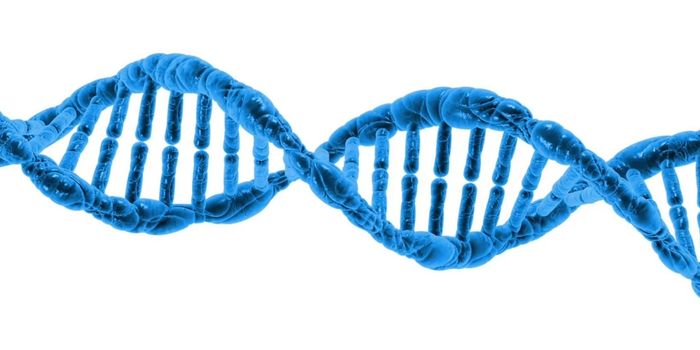Affection and Neglect Have an Impact on Children's Genes
Infants need attention and contact so they will develop correctly; it is known that infant neglect affects the architecture of the brain. New work has indicated that affection, or lack of it, also impacts the genes of children. The level of comforting, close contact that infants get from their caregivers has a molecular effect that can still be detected four years later. The research, by scientists at the University of British Columbia and BC Children's Hospital Research Institute, has been reported in the journal Development and Psychopathology.
The work found that when children experienced more distress as infants and had gotten less physical contact, it was reflected in their cells; the molecular profile was underdeveloped for their age. The researchers suggested that this shows the children are biologically immature.
"In children, we think slower epigenetic aging might indicate an inability to thrive," explained Michael Kobor, a Professor in the UBC Department of Medical Genetics and leader of the "Healthy Starts" theme at BC Children's Hospital Research Institute.
This research confirms other work that has been performed with a rodent model. While the implications for development and adult health have not been determined yet, this work is the first to find that contact in early life has a serious impact on genetic expression.
This work utilized data from 94 healthy children. Parents of five-week-old babies kept a diary of the various behaviors of their infants, like crying, feeding, sleeping or fussing, and the duration of bodily contact during caregiving. DNA was taken by mouth swab when the children were about four and a half years old.
A common modification to DNA, called methylation, was assessed by the investigators. Genes are methylated when methyl chemical groups are added; it affects the activity of the gene and in turn, cellular behavior. It is known that many external factors can change the methylation levels of genes, particularly in children, although they continue to change as we age.
The researchers found differences in methylation between children that had experienced high and low levels of contact, consistently at five sites. Two of those sites were in genes, one of which has a role in immunity, while the other impacts metabolism. The effects of these alterations are not yet known.
In children that experienced higher distress while getting little contact, there was a lower than expected "epigenetic age" when considering their actual age. This type of discrepancy has been previously linked to poor health in other studies.
"We plan on following up to see whether the 'biological immaturity' we saw in these children carries broad implications for their health, especially their psychological development," noted the lead author of the work Sarah Moore, a postdoctoral fellow. "If further research confirms this initial finding, it will underscore the importance of providing physical contact, especially for distressed infants."
Learn more about the effect of contact on childhood development from the video.
Sources: AAAS/Eurkealert! Via UBC News, Development and Psychopathology









